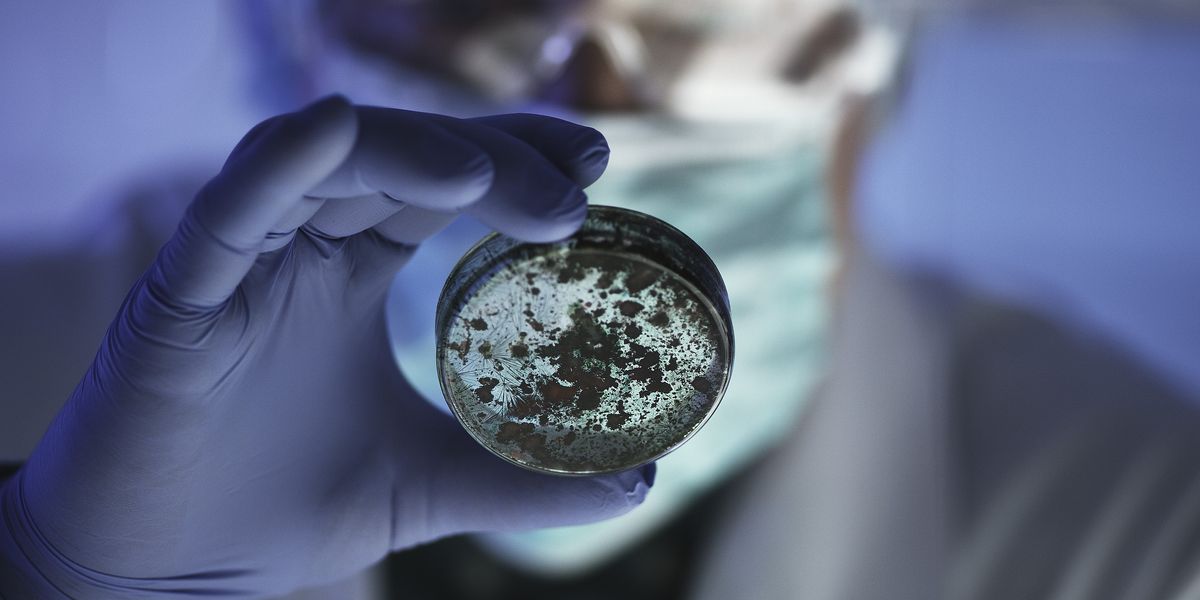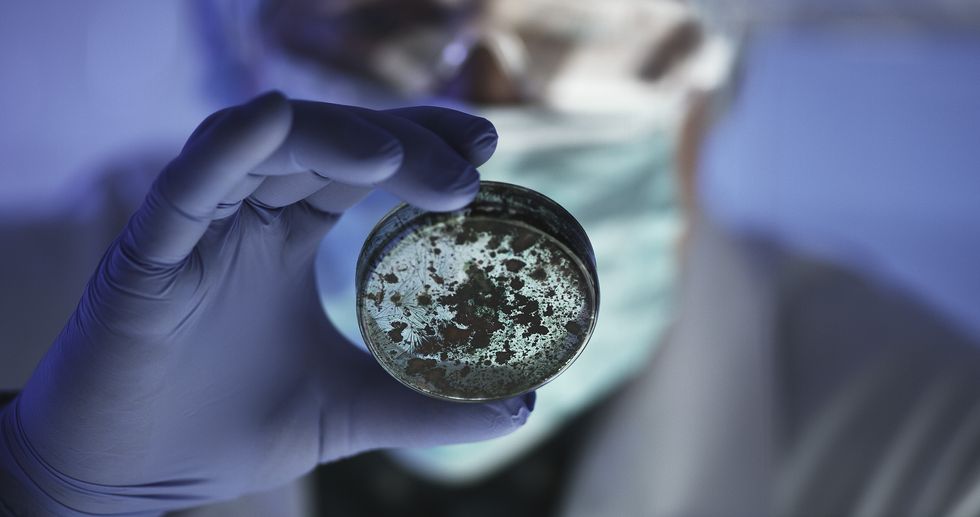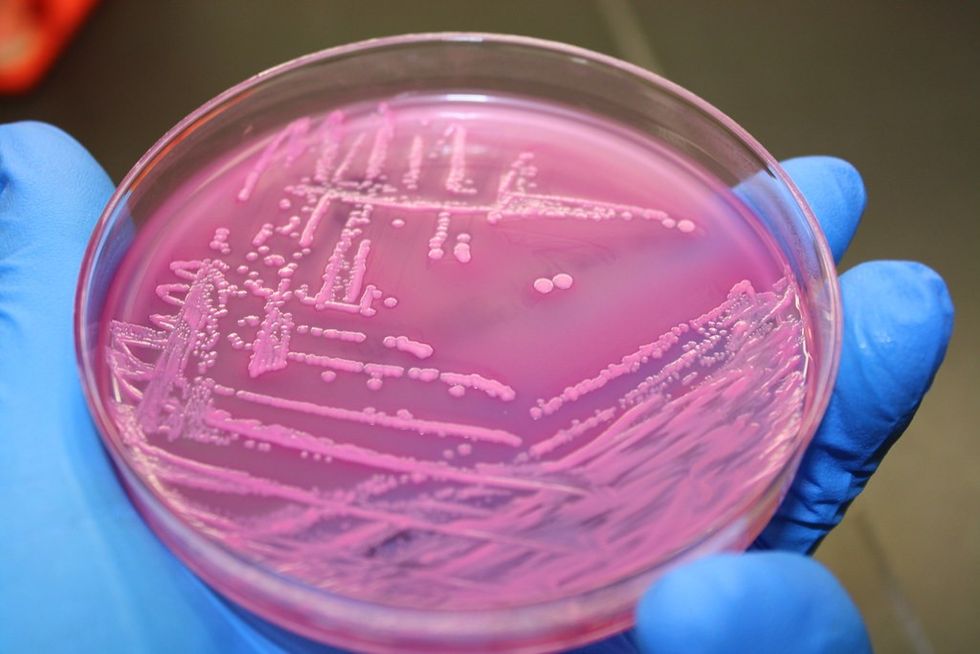



New research reveals drug-resistant infections could drain nearly £1.5trillion from the global economy each year within 25 years.
Britain faces potential annual GDP losses of £45billion as antimicrobial resistance threatens to devastate developed economies.
The Center for Global Development's government-funded analysis projects that without urgent intervention, superbugs will inflict £1.3trillion in yearly economic damage globally by 2050.
Major economies face severe impacts, with China potentially losing £536billion annually, America £219.8billion, and the European Union £138.9billion.

GETTY
|The situation could deteriorate more rapidly than anticipated
These projections assume resistance rates follow historical patterns, though recent developments suggest the situation could deteriorate more rapidly than anticipated.
Britain's decision to eliminate the Fleming fund, which supports antimicrobial resistance efforts in developing nations, comes amid broader international aid reductions.
America has confirmed £6.7 billion in foreign assistance cuts, while several European nations have similarly reduced overseas spending.
Anthony McDonnell, policy fellow at the Center for Global Development who led the research, warned: "The sudden cuts to Official Development Assistance by the US, which has cut its aid spend by roughly 80 per cent; the UK, which has announced aid cuts from 0.5 per cent to 0.3 per cent of gross national income; and substantial reductions by France, Germany, and others, could drive up resistance rates in line with the most pessimistic scenario in our research.
"This would result in millions more people dying worldwide, including across G7 nations. Investing in treatment for bacterial infections now will save lives and deliver billions in long-term economic returns."
The Institute for Health Metrics and Evaluation forecasts a 60 per cent increase in antimicrobial resistance deaths by mid-century.
Britain could see 184,000 people dying annually from drug-resistant infections, while America faces 1.34 million yearly fatalities.
Treatment expenses for resistant infections, which typically cost double those responding to antibiotics, will soar dramatically.
British healthcare spending on antimicrobial resistance could rise from £700million to £2.9billion annually, whilst American costs may jump from £11.5billion to nearly £42.3billion.

FLICKR
|Britain could see 184,000 people dying annually from drug-resistant infections
Workforce impacts compound the crisis, with Britain's labour force potentially shrinking by 0.8 per cent, the EU's by 0.6 per cent, and America's by 0.4 per cent.
Conversely, strategic investments in combating drug-resistant bacteria could generate substantial economic returns.
Enhanced access to novel antibiotics and improved infection treatment could expand America's economy by £116.2billion yearly and Britain's by £9.3billion by 2050.
McDonnell emphasised: "Investing in treatment for bacterial infections now will save lives and deliver billions in long-term economic returns."
Dr Mohsen Naghavi, professor of health metrics at IHME, stressed the urgency: "Today the threat of AMR is increasing, and without immediate action from all stakeholders, the medicines we have access to now could stop working, potentially causing a simple infection to become deadly."
